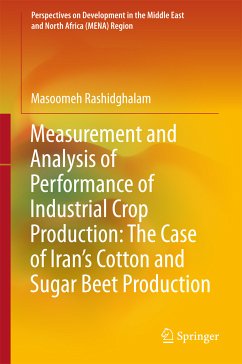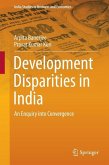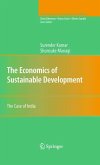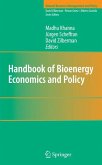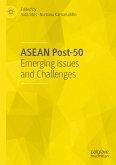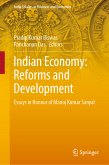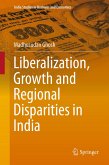This book employs different parametric and non-parametric panel data models which have been used in history of developed panel data efficiency measurement literature. It assesses the differences of models based on characteristics and efficiency scores measurement using a systematic sensitivity analysis of the results. On the whole twelve parametric and four nonparametric models were studied. Parametric models are classified in four groups in terms of the assumptions made on the temporal behavior of inefficiency. A common issue among all the parametric models is that inefficiency is individual producer-specific. This is consistent with the notion of measuring the efficiency of decision-making units. Non-parametric models are divided into partial and full frontier models. A main contribution of this volume is that it helps to understand differences between parametric and non-parametric models. On empirical part of the volume, technical efficiency of two agricultural strategic crops(cotton and sugar beet) in different provinces of the Iran are analyzed. Using different models, the most efficient and inefficient provinces in cotton and sugar beet production of Iran are recognized.
Dieser Download kann aus rechtlichen Gründen nur mit Rechnungsadresse in A, B, BG, CY, CZ, D, DK, EW, E, FIN, F, GR, HR, H, IRL, I, LT, L, LR, M, NL, PL, P, R, S, SLO, SK ausgeliefert werden.

